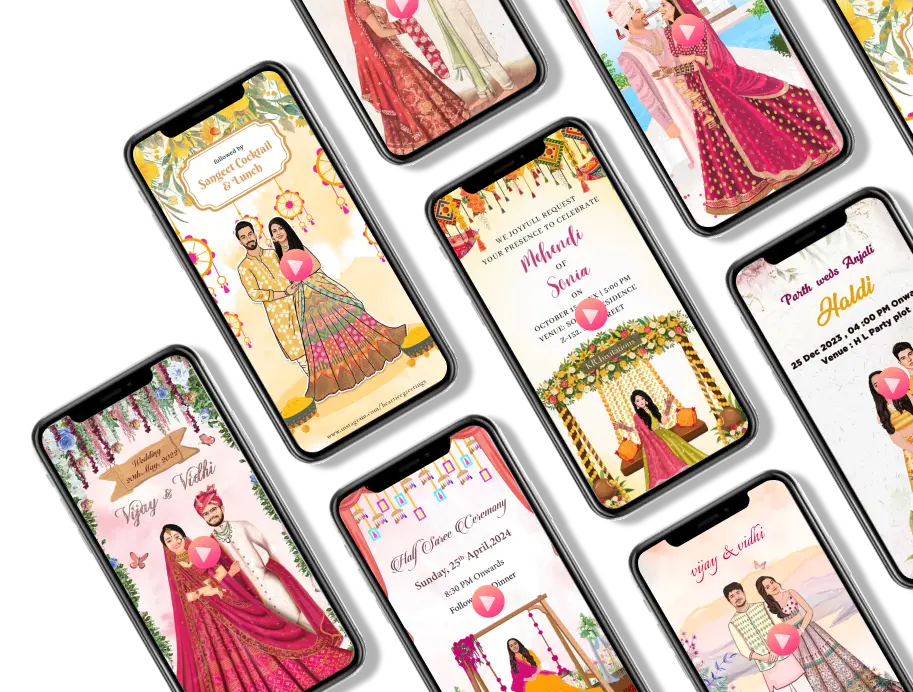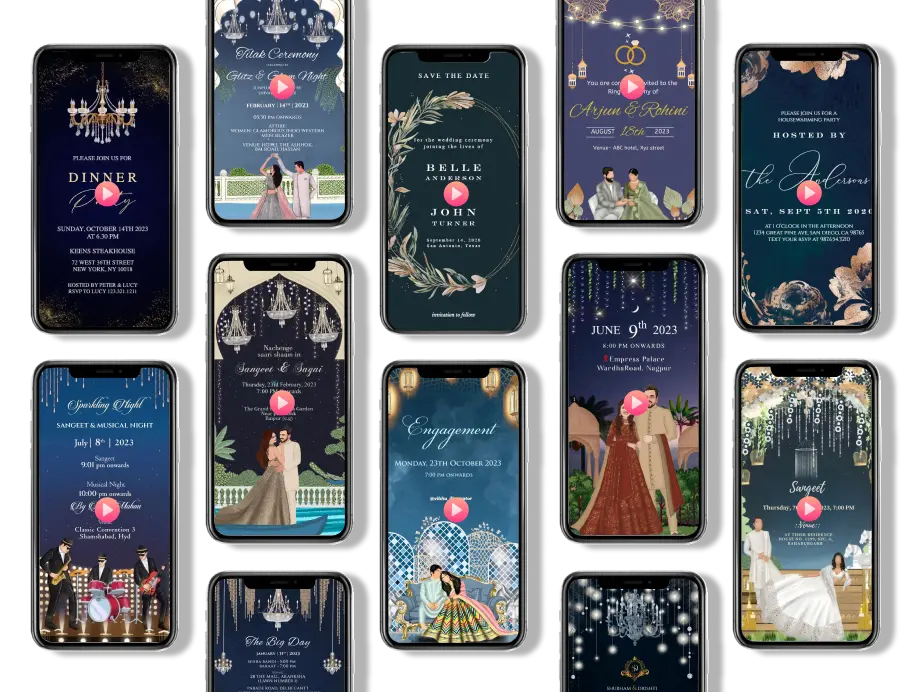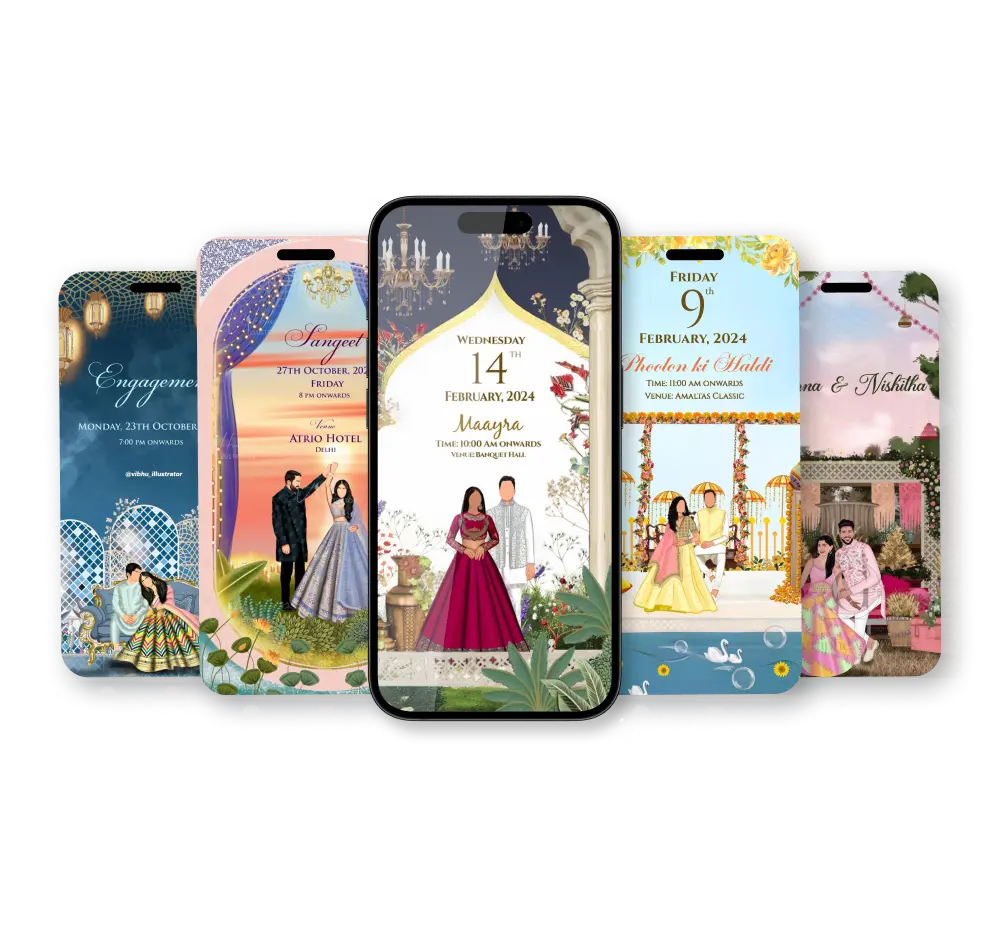A Muslim wedding is a beautiful blend of religious traditions, family values, and cultural practices. At the heart of this sacred union is the Nikah ceremony, where the bride and groom take their vows in front of an officiant and their loved ones. This ceremony, along with pre-wedding celebrations like the **Mehendi** and **Sangeet**, marks the beginning of a new chapter in the lives of the couple. A Muslim wedding is not just a union of two individuals, but a celebration of love, faith, and commitment.
What is a Muslim Wedding?
A Muslim wedding is a religious and cultural event that signifies the union of two individuals under the bond of Islam. The most important part of a Muslim wedding is the **Nikah**, a formal contract between the bride and groom that is officiated by a religious leader. The Nikah is a sacred promise between the couple to live together in harmony, fulfill their responsibilities towards one another, and uphold the teachings of Islam in their marriage.
The wedding is not just a legal or social contract, but a spiritual union. The couple makes vows to be faithful, to respect one another, and to be supportive in all circumstances. The ceremony typically takes place in a mosque or at the home of the bride and groom, depending on the family’s preferences. The presence of close family members and friends adds to the sanctity of the occasion.
The Nikah Ceremony: The Heart of a Muslim Wedding
The Nikah is the central event of a Muslim wedding. During this ceremony, the bride and groom express their consent to marry in front of an officiant, known as an Imam. The Imam recites verses from the Quran, and the couple exchanges vows. The groom agrees to provide a dowry, or **Mahr**, to the bride as a symbol of his commitment and responsibility.
The ceremony includes the signing of the Nikah contract, which is then witnessed by family members and friends. The bride and groom are asked to declare their acceptance of the union before the contract is finalized. This legal and spiritual agreement signifies the couple’s readiness to begin their married life together.
Pre-Wedding Celebrations: Mehendi and Sangeet
Before the Nikah ceremony, several pre-wedding events take place that are both fun and meaningful. One of the most popular pre-wedding rituals is the **Mehendi** ceremony. During this event, the bride’s hands and feet are adorned with intricate henna designs. The Mehendi ceremony is an occasion for the bride’s close friends and family to gather, sing traditional songs, and celebrate the upcoming wedding. The atmosphere is filled with joy and anticipation, as the bride prepares for her big day.
Another significant pre-wedding celebration is the **Sangeet**. This lively event is marked by music, dance, and the exchange of joyous moments among the families of the bride and groom. It is a time for everyone to come together, celebrate, and bond before the actual wedding ceremony. The Sangeet is a festive occasion that showcases traditional music and dance, often accompanied by performances from the bride and groom’s family members.
Wedding Attire and Customs
The attire worn during a Muslim wedding is one of the most anticipated aspects of the celebration. The bride typically wears a stunning wedding dress, often in traditional colors such as red, gold, or white. The gown is typically adorned with intricate embroidery and sparkling embellishments, and is paired with traditional accessories such as a **maang tikka**, **nath** (nose ring), and **chura** (bangles). Her makeup is done to highlight her beauty, and she often wears a veil or headscarf to symbolize her modesty.
The groom usually wears a formal outfit, such as a traditional suit or a **Sherwani**. The Sherwani, a long coat-like garment, is often decorated with intricate embroidery, and the groom may also wear a turban as a symbol of his status. Both the bride and groom’s attire reflects their cultural heritage and personal style, adding to the overall grandeur of the event.
Post-Wedding Celebrations
After the Nikah ceremony, the couple usually hosts a reception where family and friends gather to celebrate the newlywed couple. This event is often filled with music, dancing, and a sumptuous feast. The newlyweds are congratulated by their loved ones, and the couple enjoys the first moments of their married life together.
In many Muslim communities, the bride moves to her husband’s home after the wedding, marking the beginning of their new life together. This transition is celebrated with a family gathering, where the bride is warmly welcomed by her in-laws. The couple is then expected to begin their journey as partners in marriage, following the teachings of Islam and their shared commitments.
Conclusion
A Muslim wedding is a beautiful and sacred celebration of love, commitment, and faith. The Nikah ceremony serves as the foundation for a lifetime of happiness and partnership. The pre-wedding rituals like the Mehendi and Sangeet add joy and excitement to the celebration, while the post-wedding reception offers the couple and their families an opportunity to rejoice in the union. A Muslim wedding is not just a union of two individuals but a merging of families and communities, grounded in love, faith, and shared traditions.


